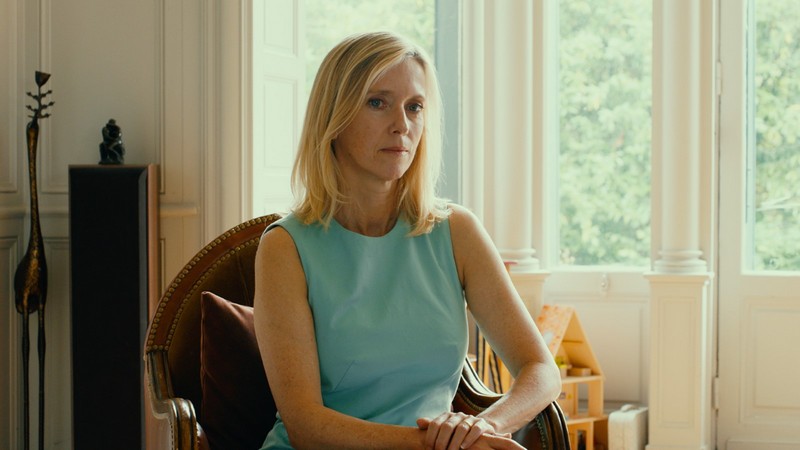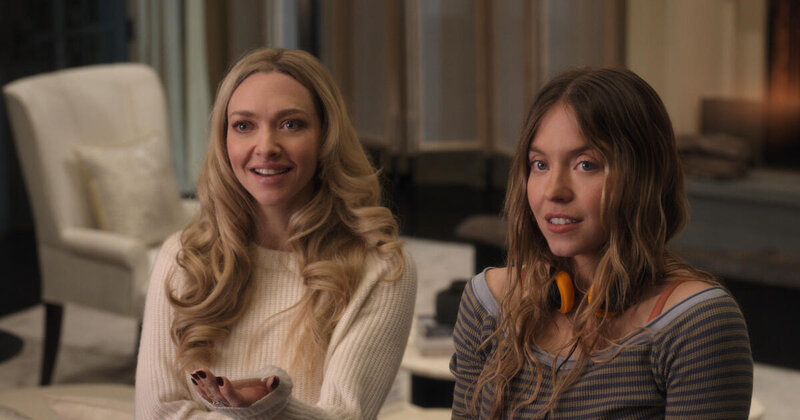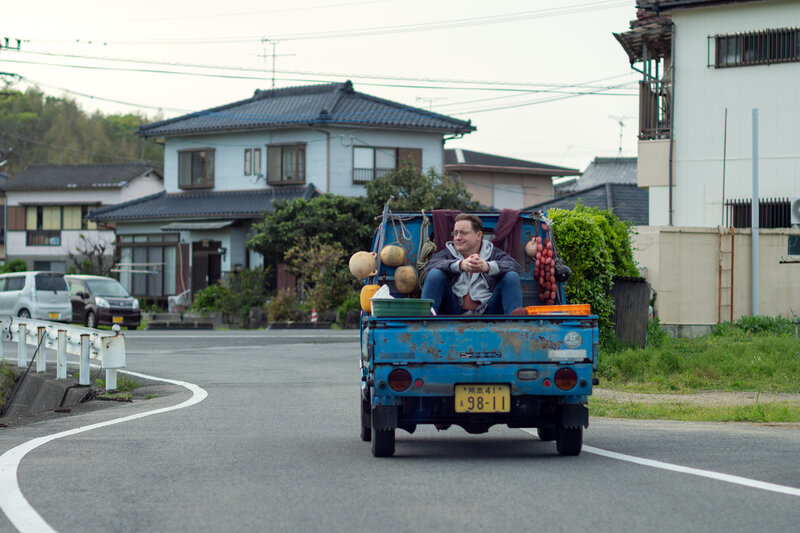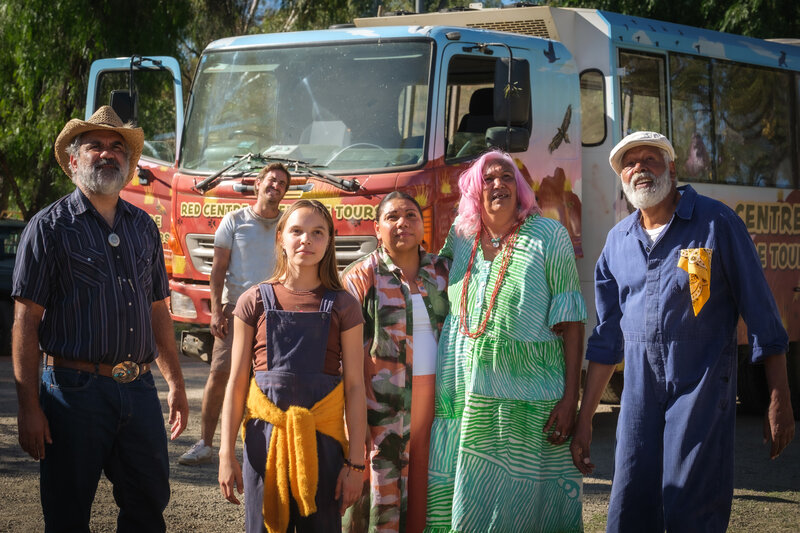We seem to have been getting more European – specifically French – films in Australian cinemas recently. That might be a hangover from Hollywood’s troubles over the past year or two, but it provides an opportunity for more diverse offerings. And few films could be further from a Hollywood blockbuster than Catherine Breillat’s enigmatic Last Summer (L’été Dernier).
Breillat developed a reputation for daring films that sought to normalise taboo subjects. They didn’t all land with audiences or critics, but her vision has certainly been unwavering. It’s more than 10 years since her last feature, Abuse of Weakness (2013). But Last Summer sees Breillat back in familiar territory and once again pushing boundaries.

The director’s taboo of choice this time is incest. And even though the characters aren’t related by blood, it definitely is incest (despite one of them claiming otherwise). The twist is that the relationship is between a woman and her teenage stepson, which arguably puts a more “acceptable” face on the subject. But at the same time, Breillat’s choice puts the audience in a difficult position. If we empathise with these characters, does that make it okay? What if it was an older man and his teenage stepdaughter – would that be okay too? Do the gender roles impact the power dynamic? Does the power dynamic impact the ethics of the situation? If so, how?
The woman at the centre of the film is Anne (Léa Drucker). She’s a lawyer specialising in criminal cases, and lives with her husband Pierre (Olivier Rabourdin) and young children in a stately house outside Paris. Then Théo (Samuel Kircher) – Pierre’s teenage son from a previous relationship – turns up following some “trouble”. Wanting to re-connect with his son, Pierre allows him to stay; even though Anne isn’t happy about it. But soon the often surly teen shows a different side. He starts relating to the younger kids, and accommodates at least some of Anne’s demands. While Anne is content with her somewhat sedate life with Pierre, she’s also looking for a bit more excitement. Slowly she comes to see Théo as an avenue for her to find that frisson she’s been missing.
Last Summer is an adaptation of the Danish film Dronningen (2019) by May el-Toukhy. The script by Breillat and Pascal Bonitzer is intense, though I’m not entirely convinced it sticks the landing. Breillat turns the blowtorch on her characters by turns, which gives the film an unsettling feeling. But she also refuses to take sides, so a definitive point of view never emerges. The film therefore becomes something of an exercise in power dynamics, rather than a cautionary tale. While that’s fine, those looking for a straightforward good vs bad tale could be dismayed. And while the film takes a clear-eyed view of the situation, the enigmatic final scenes perhaps let at least one of the characters off the hook.
Breillat adopts a languid approach to the material. This is a film that unfolds rather than rushes at its audience. Scenes of the idyllic French countryside counterpoint moments of sordid passion. The sex scenes (there are a few, so be aware) are handled with honesty – no soft focus or billowing curtains here – though not they’re not overly explicit.
Samuel Kircher brings layers to the enigmatic Théo. His performance kept me wondering about his character’s motivations – is he a naive youth, or a charming manipulator? I must admit I didn’t really “get” the attraction between Théo and Anne, but that has nothing to do with either actor. Olivier Rabourdin (The White Crow) brings a serious edge to the rather dour Pierre, and Clotilde Courau (Haute Couture) has some nice moments as Anne’s best friend Mina. But Léa Drucker (Close) clearly overshadows them all with a powerful central performance as Anne.
Last Summer is a complex, challenging film that demands patience. Breillat refuses to pander to expectations, maintaining her singular vision. How much you get out of it will depend on much you buy into that vision.
David Edwards
Other reviews you might enjoy:

David Edwards is the former editor of The Blurb and a contributor on film and television





